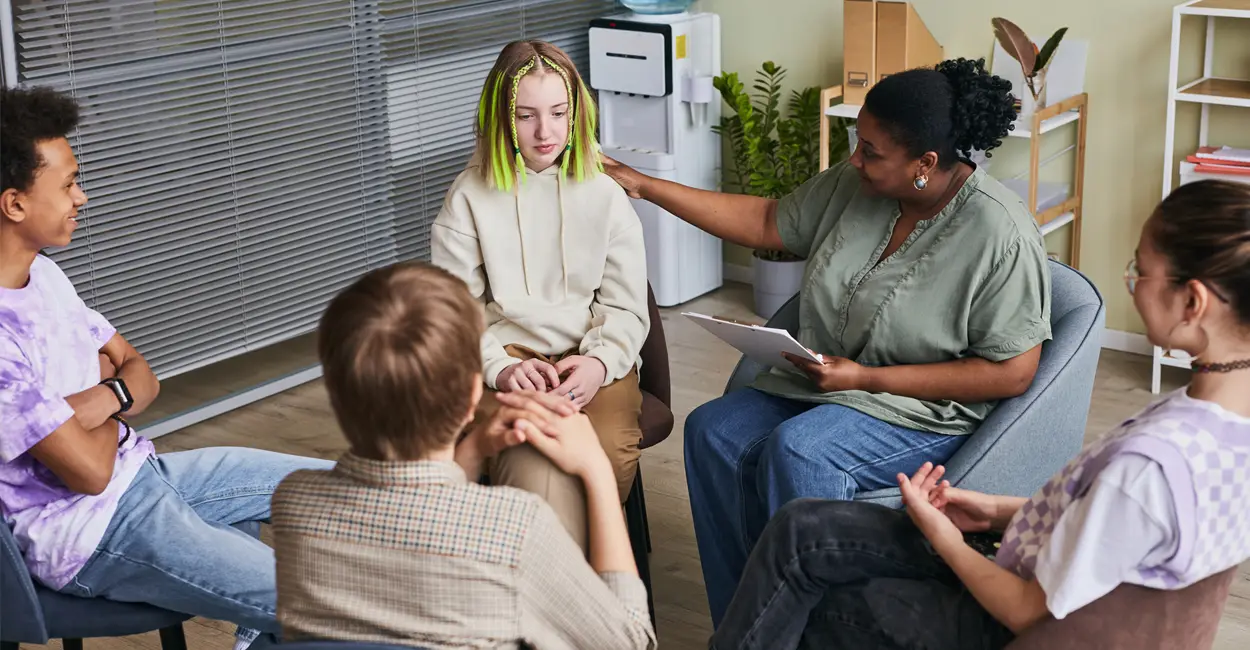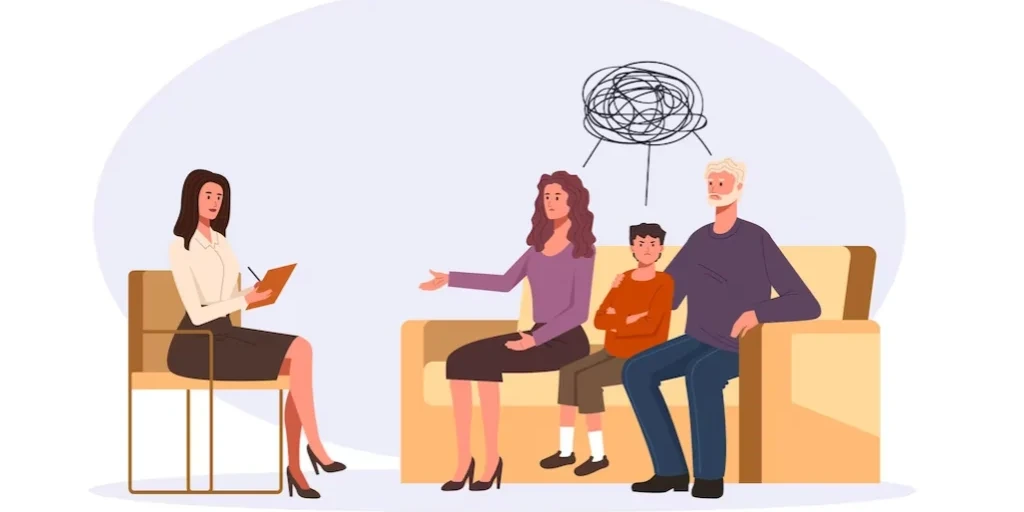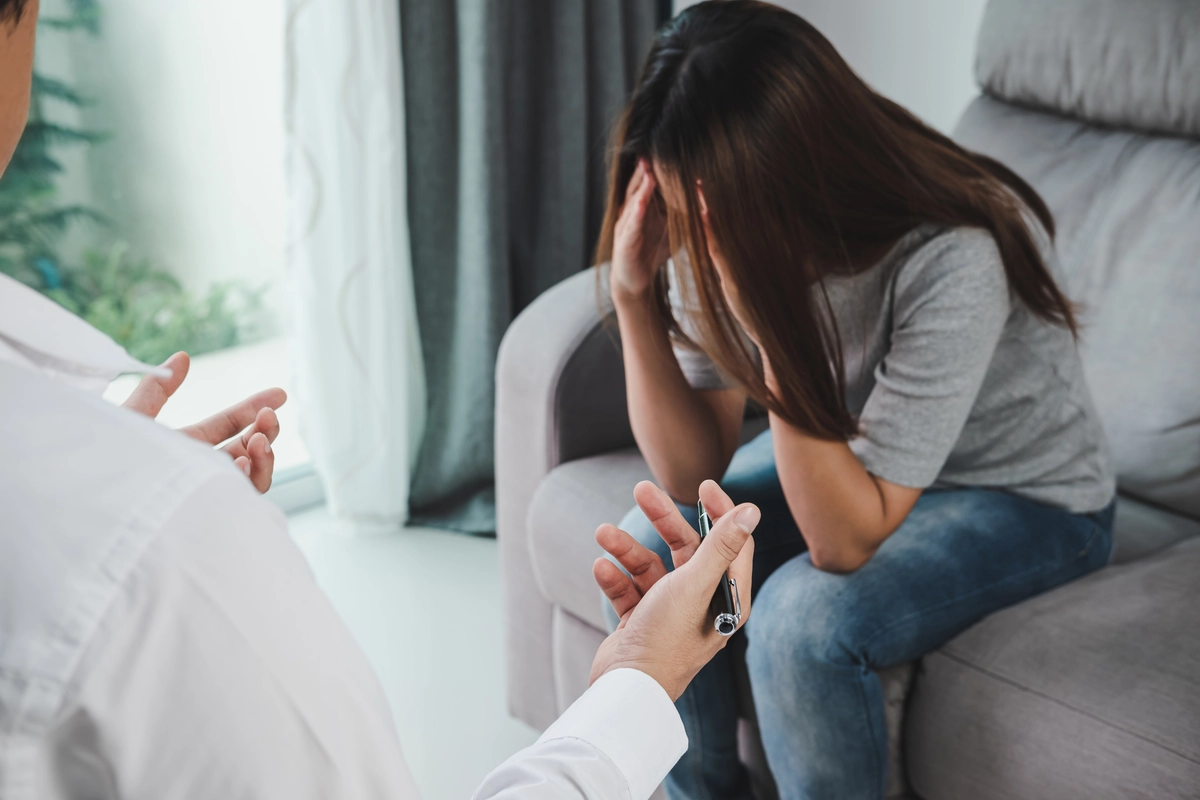24/7 Helpline:
(866) 899-221924/7 Helpline:
(866) 899-2219
Learn more about PTSD Treatment centers in Bostic
PTSD Treatment in Other Cities

Other Insurance Options

Molina Healthcare

Meritain

Ceridian

MVP Healthcare

Regence

MHNNet Behavioral Health

Covered California

Carleon

BlueShield

Kaiser Permanente

Sliding scale payment assistance

Health Partners

CareSource

Health Choice

BHS | Behavioral Health Systems

GEHA

Access to Recovery (ATR) Voucher

Absolute Total Care

Health Net

Optima



















